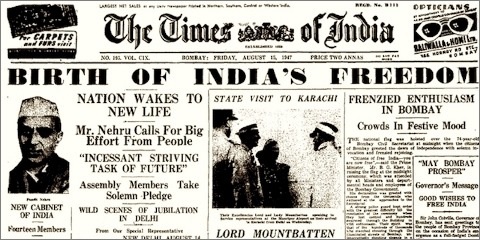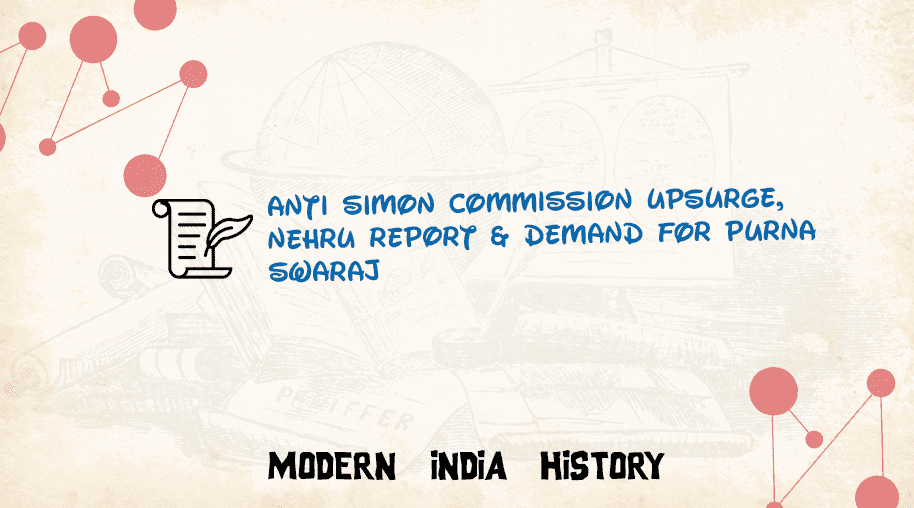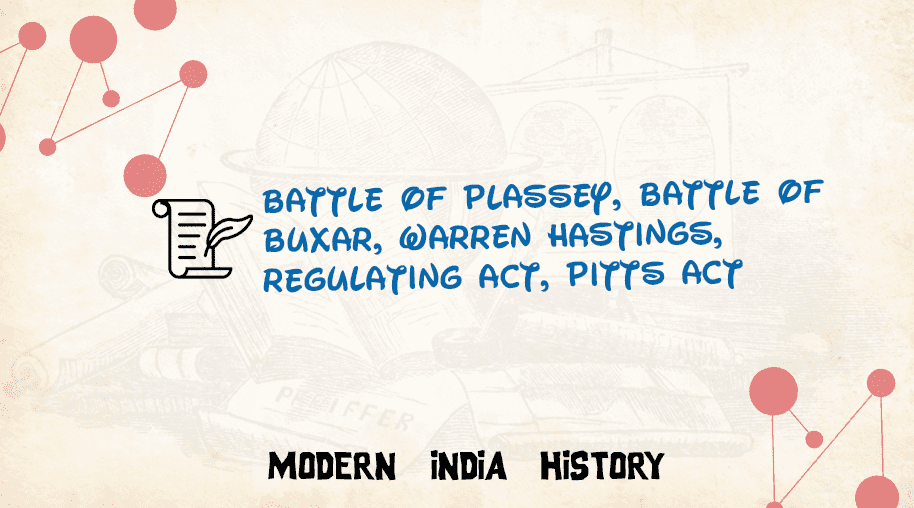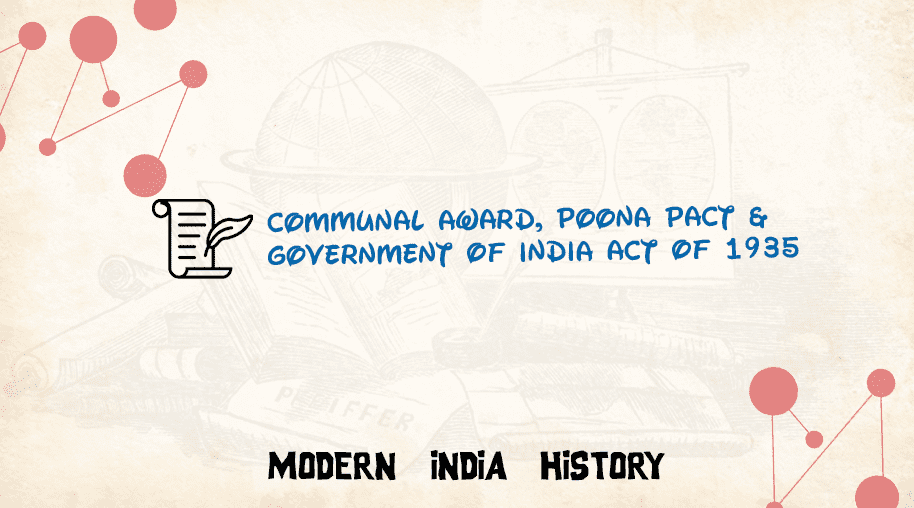Cabinet Mission, Plan Balkan, Mountbatten Plan & Indian Independence Act of 1947
by Devender
0 3478
Lord Atlee (PM of England) made a historic announcement on 15 March 1946. He stated the right to self-determination and the framing of a Constitution for India.
Cabinet Mission
After the announcement, 3 members of the British cabinet namely: Patrick Lawrence, Sir Stafford Cripps, and A V Alexander were sent to India. They were known as the Cabinet Mission. The main features of this mission were:-
- provided provisions for three groups of provinces to possess their separate constitutions.
- Proposed the formation of Union of India which would consist of British India and the princely states
- Union would be only in charge of foreign affairs, defense and communications while the residuary powers would be in the provinces
- Proposed formation of an interim government unless a new government can be formed
- Rejected the idea of full-fledged Pakistan
- The partition of the country would come into effect on 15 August 1947
- The British government will transfer all powers to these dominion states
- A boundary commission would be set up to determine the boundaries of Punjab and Bengal
- This act provided the transfer of powers to the constituent assemblies of the two states having full rights to frame their own constitutions
- the boundary line separating India and Pakistan was drawn by the Radcliff Boundary Commission
- On 14th August Pakistan and on 15th August 1947 India came into existence as independent countries
- Lord Mountbatten was made the first Governor-general of independent India where Mohammad Ali Jinnah became the first Governor-General of Pakistan
Both Congress and the Muslim League agreed to this mission and so elections were held in July 1946 for the formation of a Constituent Assembly where congress secured 205 seats out of 214 general seats and the Muslim league got 73 out of 78 Muslim seats. Hence, an interim government was formed under the leadership of Jawaharlal Nehru on 2 September 1946.
Plan Balkan
In 1947, between March and May, Lord Mountbatten decided that the Cabinet Mission Plan can not be maintained so he came up with an alternative plan where the power would transfer to separate provinces and Punjab & Bengal were to be given the option for partition of their provinces.
His plan also stated that the various united thus formed would have the option to stay free or to join India or Pakistan. However, Nehru violently reacted to it and thus, this plan was dropped.
Mountbatten Plan
Prime Minister Atlee in the House of Commons announced the definite intention on 20 February l947 and to affect the transference of that power Atlee decided to send Lord Mountbatten as Viceroy to India. Lord Mountbatten was armed with vast powers became the viceroy of India on 24 March 1947.
He saw the partition of India as India and Pakistan inevitable and hence, Lord Mountbatten put forth the plan of partition of India on 3 June 1947 after huge consultation. His plan got approved by both the Muslim League and Congress.
Indian Independence Act 1947
The British government gave formal approval to the Mountbatten plan. They enacted the Indian Independence Act on 18 July 1947.

Features of this act were:

Share:








Comments
Waiting for your comments